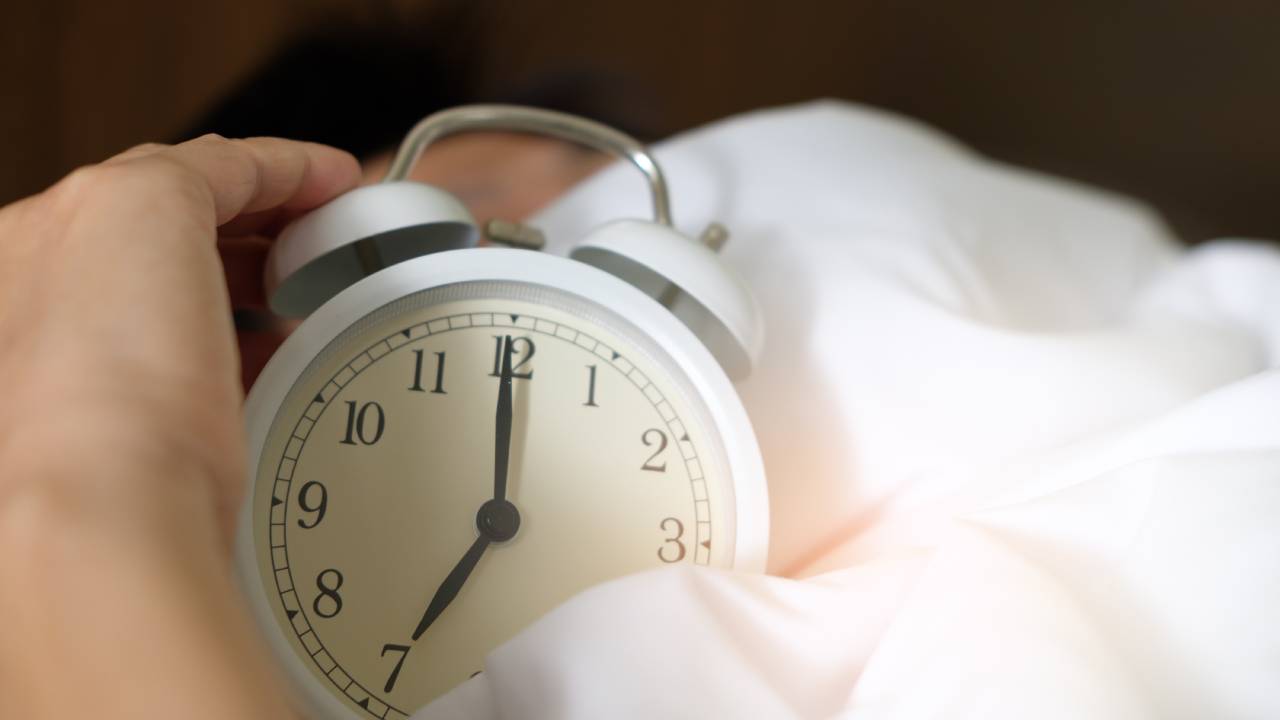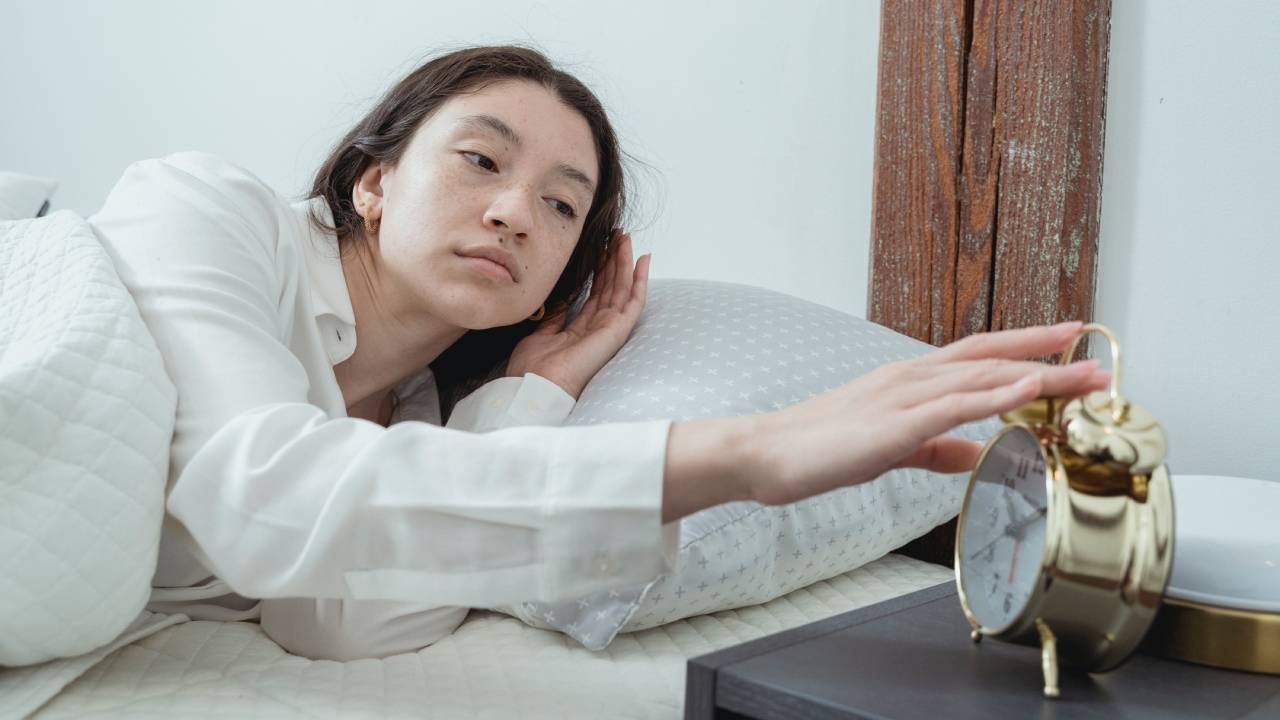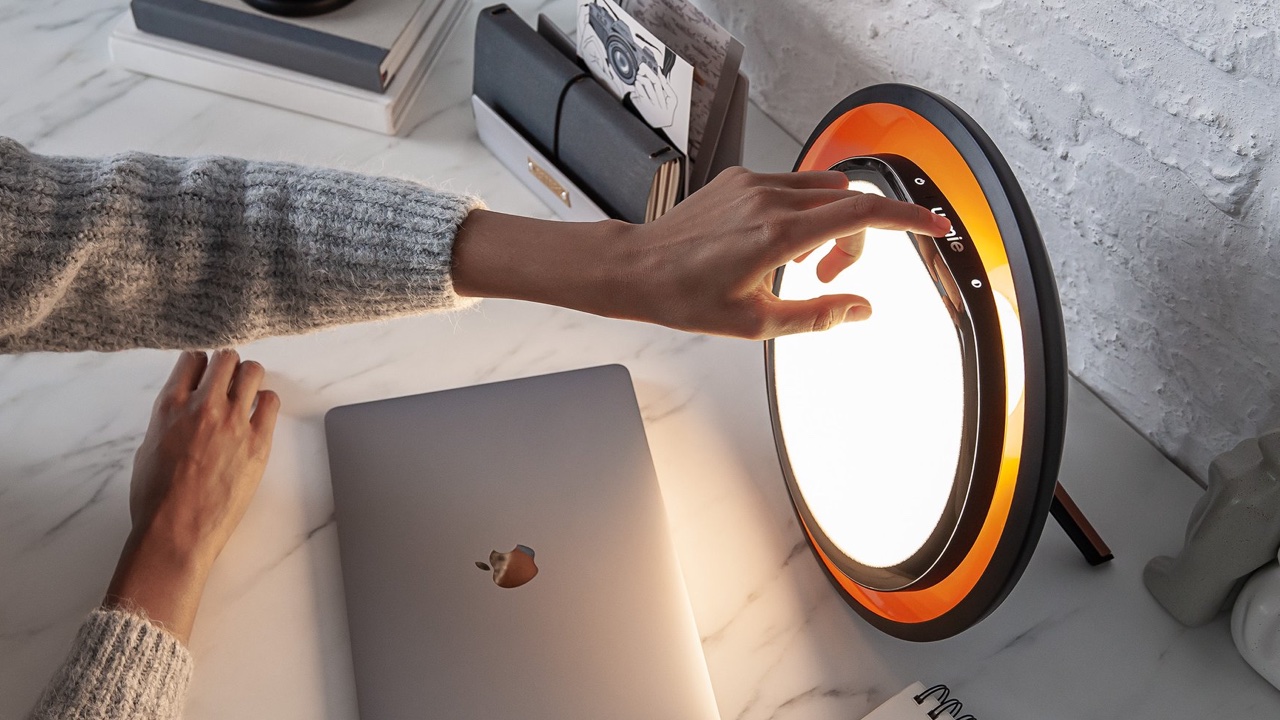6 expert-approved sleep tips for tackling the UK clock change
How to get the best night’s sleep when the clocks change, according to sleep expert


This Sunday, the clocks go back in the UK, and we’ll be waving goodbye to British Summer Time and going back to Greenwich Mean Time. While we gain an hour of sleep rather than lose one, even an hour’s difference can have an impact on your sleep schedule and energy levels.
With the clocks going back, we’ll be experiencing shorter days and darker nights, which can leave many people feeling sluggish, tired, irritable and others may experience symptoms of seasonal affective disorder (SAD). So, while a longer lie-in this Sunday does appeal to many, the clock change can have a larger effect on your general wellbeing.
To cope with the clocks going back, we spoke to James Higgins, sleep expert and CEO of Ethical Bedding. Ethical Bedding is a sustainable bedding company that specialises in luxury, ethical and organic sheets and covers, using bamboo and eucalyptus materials. Below, James has given us 6 tips on how to sleep better when the clocks change.
- Set yourself up for sleep success with the best mattress
- Complete your bedding with the best duvet and the best pillows
1. Stick to your sleep schedule
When the clocks go back or forward, many people overcompensate by going to bed earlier or later to cope with the time change. While planning ahead can help avoid daylight savings jet lag, when the clocks go back, it can be better to stick to your schedule rather than go to bed later.
“It might be tempting to go to bed later when the clocks go back, but it’s important to keep your sleep schedule the same all year round. The more consistency your brain has with sleeping times, the better night’s sleep you are likely to get”, says James. “Be sure to go to bed at your usual time and it’s important not to push your sleep schedule back or forward for the seasons changing.”

2. Leave 4 hours between eating & sleeping
Leaving the right amount of time between eating and sleeping can deliver a better night’s sleep every night. As the clocks are going back and we gain an hour, many people try to accommodate this the day before by sleeping and eating later on. However, this can keep you up at night as your body is still digesting food.
James told us “when you eat before bed, your body is in the process of digesting food when it’s time to sleep. Your body is like a machine and it can’t rest if cogs are still turning. Your body ideally needs a 4 hour gap between eating and sleeping to fully digest and be ready to relax. If you eat right before bedtime, it can be hard to relax your body and can even result in broken sleep throughout the night.”
Get all the latest news, reviews, deals and buying guides on gorgeous tech, home and active products from the T3 experts
For sleep and eating tips, check out 8 foods to eat for a good night’s sleep and 4 foods to avoid.
3. Make sure your bedroom isn’t too hot or cold
As the days get darker, the temperatures get colder. Making sure that your bedroom is at the right temperature is vital to your comfort and sleep quality, especially throughout GMT and the winter months.
In spite of the colder temperatures, making your room too warm can also interrupt your sleep and create a bad sleeping environment for your body. “Excess heat makes the body lethargic as it relaxes the muscles, something you want to avoid when motivating yourself to get out of bed.”
A simple way to improve the warmth in your bedroom is by changing to a warmer duvet with a higher tog rating, but one that can also accommodate both hot and cold temperatures. James also says “if you’re struggling with a cold bedroom, try placing your socks and dressing gown next to your bed so you can easily get dressed without having to brave the cold air straight away.”
4. Turn on the lights when you wake up
The clocks going back not only causes darker evenings, but darker mornings as well. This can have an affect on your general health and wellbeing, as it makes getting up harder as you feel you should still be asleep.
According to James, “an easy hack to mitigate this sensation is by turning on your bedside lamp, or main light as soon as you wake up. This forces the brain to acknowledge that sleeping time has ended and will begin the process of waking up.” Other less harsher ways to do this is by using the best wake up light or putting the best SAD lamps in your bedroom to brighten your mornings.

5. Drink a glass of water when you wake up
Another way to wake up your mind and body is by drinking water as soon as you wake up. James says that this “stimulates the body and helps you stay awake in the early hours of the morning. Drinking a full glass of water when you wake up not only is a great lubricant for the brain and hydrates the body, but it also starts the digestive system which will bring the body natural energy to get started."
6. Get active
One of the easiest ways to help your body adjust to the time change is by staying active and getting outside, especially during the winter months. Many people find it hard to be active when it’s cold but it’s important to get as much natural light as you can before it gets dark.
“Exercising in the morning kick starts your body. The endorphins will not only provide a positive impact on your brain and natural energy, but exercise is proven to help you sleep better at night, thus creating a positive circle to your daily winter routine.”

Beth is Home Editor for T3, looking after style, living and wellness. From the comfiest mattresses to strange things you can cook in an air fryer, Beth covers sleep, smart home, coffee machines, watches, grooming tools, fragrances, gardening and more.
In her spare time, Beth enjoys running, reading, baking and attempting craft projects that will probably end in disaster!